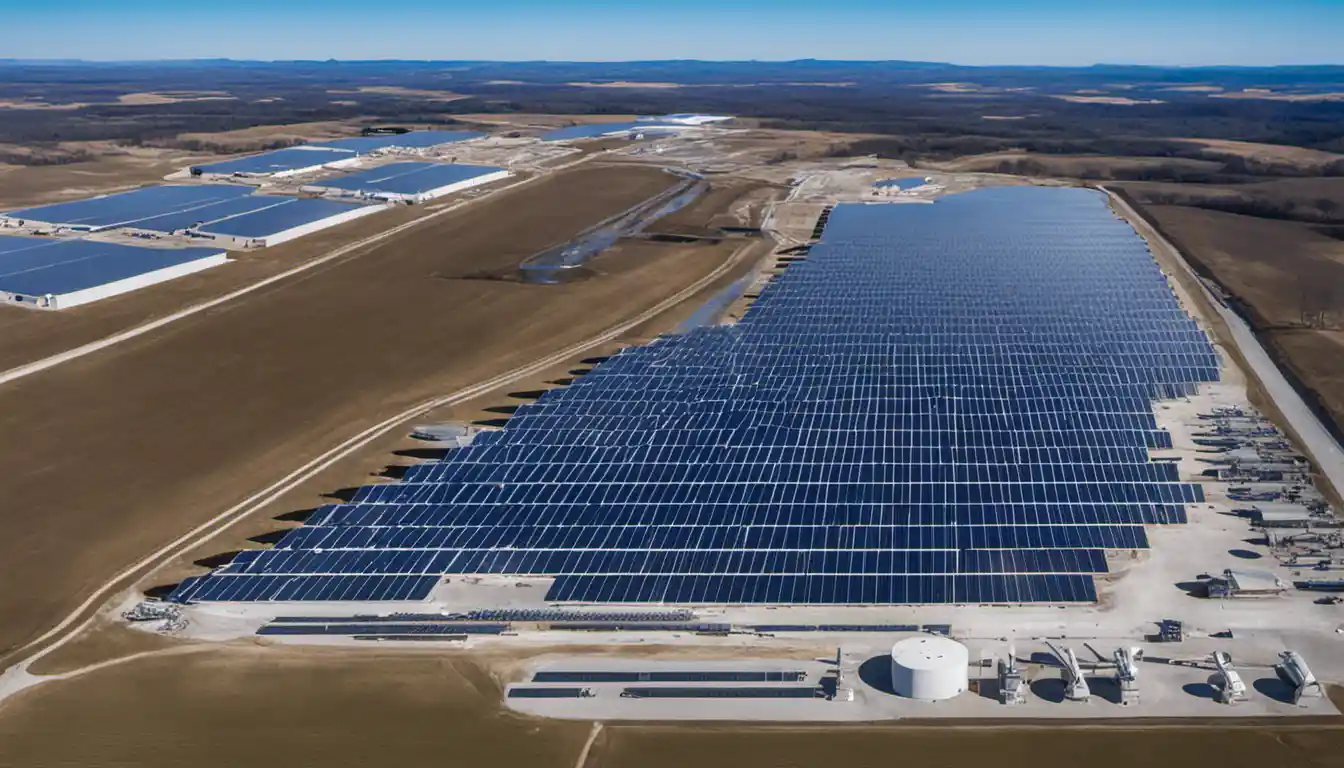Introduction to Solar Panel Recycling
The cost to recycle solar panels can vary greatly depending on the specific conditions and location, but it is generally considered expensive due to the complex process involved. For example, the cost in Europe, which currently has more established solar panel recycling infrastructure, can be around €15-€30 per panel or about €1,000-€2,000 per ton. However, many solar manufacturers also have programs that will handle end-of-life disposal, often at no cost to the customer.
Understanding Solar Panels Lifecycle: From Production to End-of-Life
Every solar panel has a life span, typically around 20-30 years. Over this period, they absorb sunlight and convert it into usable electricity, gradually reducing the need for non-renewable energy resources. However, like all good things, a solar panel’s life must come to an end. Given the increasing adoption of solar power globally, we’re now entering into an era where many solar panels are nearing their end-of-life (EoL). Consequently, the question of solar panel disposal and recycling has never been more significant.
Analyzing the End-of-Life Solutions for Solar Panels
Recycling solar panels isn’t simply a matter of separating materials. Solar panels involve complex compositions of metals, silicon, glass, and plastics. Panels feature precious metals like silver and indium that can be recovered, but also toxic elements like lead which need to be treated safely.
Recycling costs across Different Regions
Recycling Cost in the United States
There is currently no national-level solar panel recycling program in the U.S., and state regulations vary significantly. Some states like California have enacted regulations to manage photovoltaic module disposal, but elsewhere the landscape remains scattered. Therefore, the solar panel recycling cost can range significantly. Some estimates suggest the cost could be upwards of $20-$30 per panel or about $1,000-$2,000 per ton.
Recycling Cost in the European Union

The European Union (EU) has been more proactive in addressing end-of-life solar panels. The EU’s Waste Electrical and Electronic Equipment Directive mandates manufacturers to recycle old solar products. The typical cost of recycling a panel in Europe is around €15-€30 per panel.
Keep in mind, while these costs might look steep, the environmental benefit and the recovery of useful materials from the old panels can compensate for the initial solar panel recycling cost.
Comparison of Recycling and Landfill Costs for Solar Panels
Though it may sometimes appear cheaper to send panels to the landfill, hidden costs and long-term environmental effects can make this approach far more costly than recycling.
The High Cost of Solar Panel Disposal: Detailed Breakdown
Economic Impact
According to a study from IRENA and the IEA, recovering valuable materials from photovoltaic panels through recycling could yield $15 billion in recoverable assets by 2050. Not only can these materials be recovered and reused, but they can also cut down on the need for mining new materials.
Environmental Impact
Tossing old solar panels into landfills has significant long-term environmental implications. Materials like silicon tetrachloride and lead used in some solar panels can contaminate water and soil. These reason highlight the importance of developing cost-effective and efficient solar panel recycling methods.
The Role and Responsibility of Manufacturers

Manufacturer Mandates
Different jurisdictions have different mandates for solar manufacturers. For example, in the European Union, the manufacturer is responsible for the end-of-life disposal of their products, often absorbing much of the solar panel recycling cost themselves.
Funding and Subsidization of Recycling Costs
To offset costs, some successful models involve implementing an extended producer responsibility (EPR) system. Under an EPR, producers fund the recycling of their products once they reach end-of-life.
The Future of Solar Panel Recycling
Current Research and Innovations
Many researchers, like those at the National Renewable Energy Laboratory (NREL), are working on more efficient ways to recycle solar panels that could bring down costs and recover more valuable material per panel.
Implementing More Efficient Recycling Methods

Current solar recycling methods can recover up to 95% of the glass and 85% of the semiconductor materials in a solar panel. More efficient recycling methods could feasibly push these figures even higher in the future.
Making Solar Panel Disposal More Affordable and Eco-Friendly
Investing in research that seeks to make solar panel disposal more affordable and environmentally-friendly should be encouraged. It is crucial to strike a balance between recycling costs and environmental outcomes.
Conclusion: The Path Forward for Solar Panel Recycling
Strategies for Minimizing Cost
The future of solar panel recycling will likely involve a combination of legislative support, technological advancements, and in some cases, manufacturer responsibility. With the right approach and more efficient recycling methods, we can minimize the costs and maximize the benefits of solar panel recycling.
The Importance of Policy Measures and Manufacturer Involvement
Solar panel manufacturers must play a key role in this process. Appropriate policy measures also need to put in place to ensure responsible disposal and effective recycling. After all, solar panels are one of the leading technologies we have to combat climate change, and it’s vital that we manage their full lifecycle responsibly.
To learn more about the recyclability of solar panels, visit our page specifically dedicated to providing information on the subject.
And so, when you next find yourself wondering, “how much does it cost to recycle solar panels?” remember that the price tag can be offset in both environmental benefit and material recovery. Let’s strive to make the most of this renewable resource and fully close the loop on the solar panel lifecycle.



